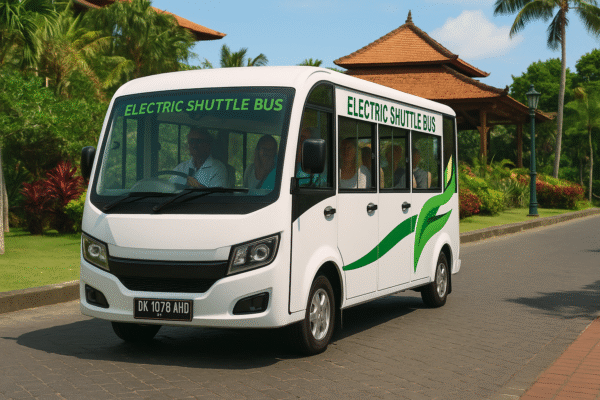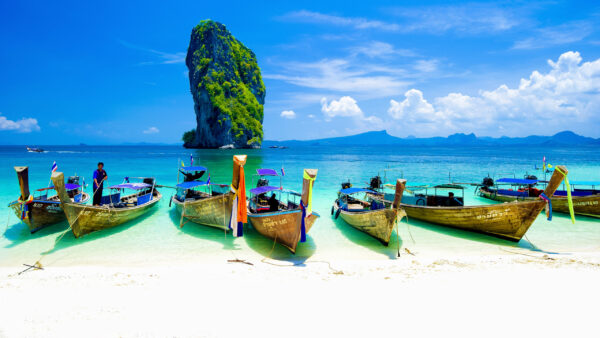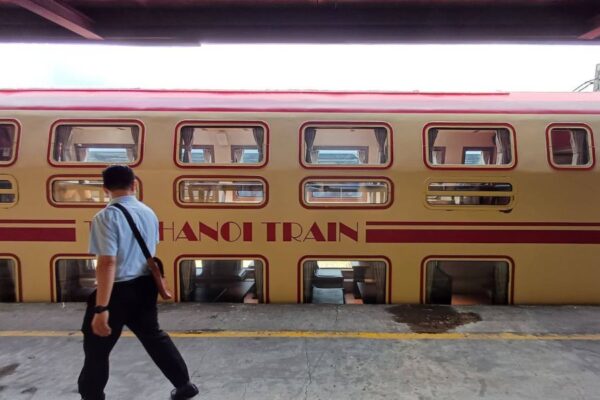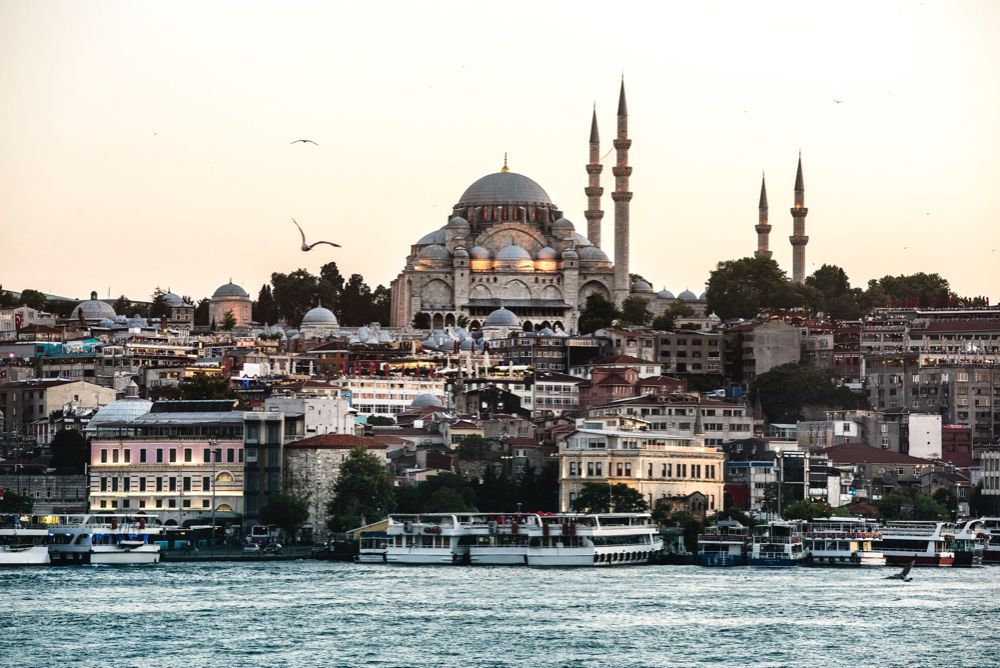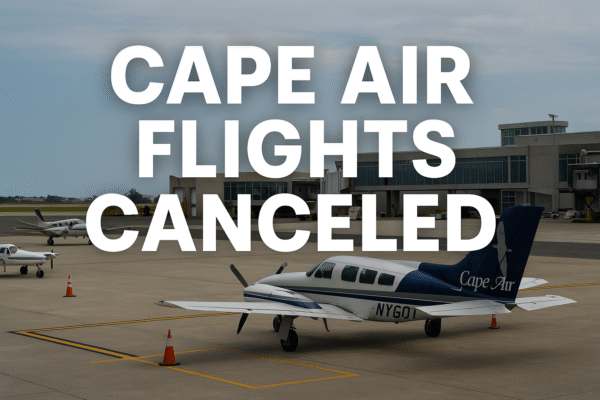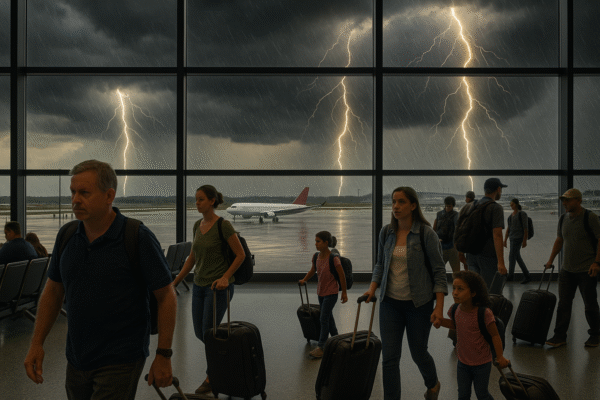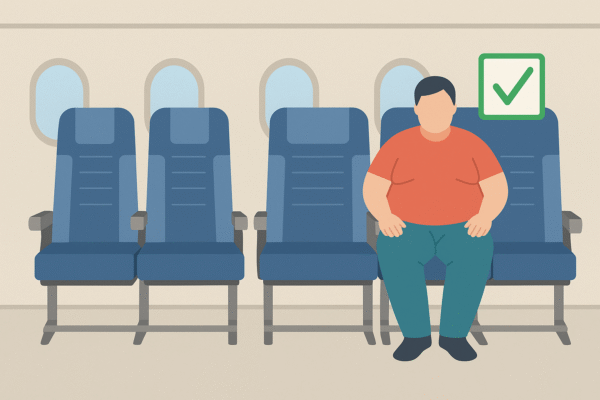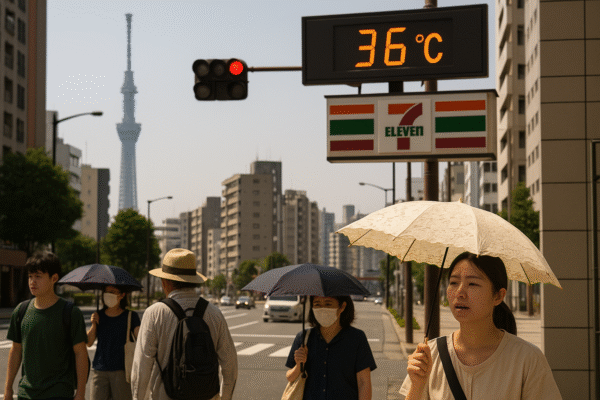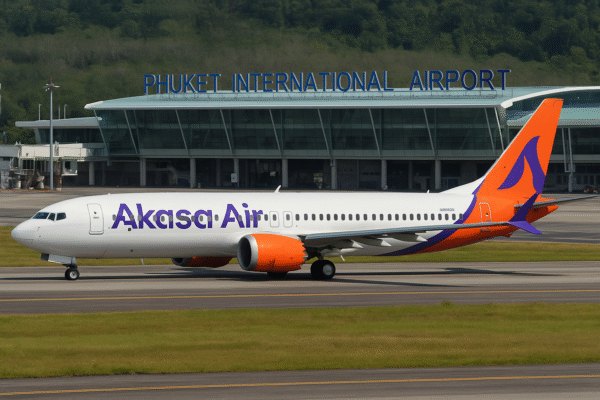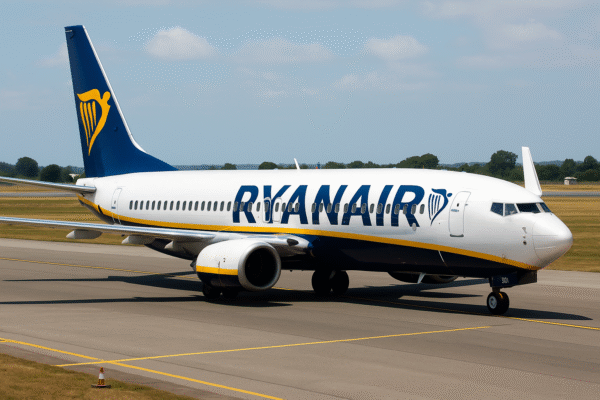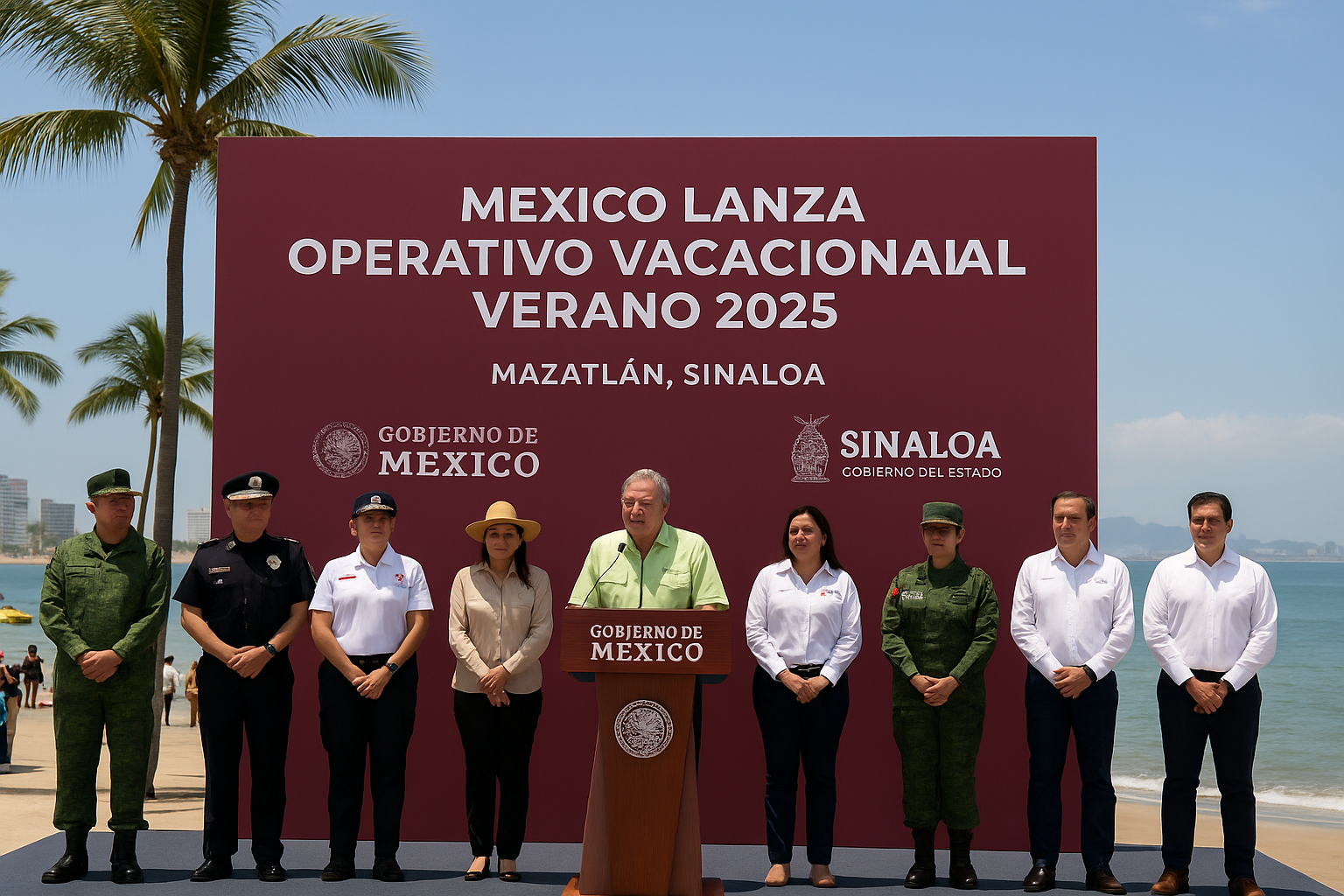Mexico Kicks Off 2025 Summer Travel Operation in Mazatlán With National Safety Measures and Tourism Support
Mexico has officially launched its Operativo Vacacional de Verano 2025—a sweeping nationwide summer travel safety program—on July 11 in Mazatlán, Sinaloa. With more than 48 million domestic and international tourists expected to travel across the country during the high season, the federal government has mobilized a multi-agency response aimed at ensuring public safety, consumer protection, and seamless travel experiences throughout the nation.
This annual campaign, organized by Mexico’s Secretariat of Tourism (SECTUR), is being coordinated in close collaboration with federal, state, and municipal authorities, including the National Guard, the Ministry of Infrastructure, Communications and Transportation (SICT), the Federal Consumer Protection Office (PROFECO), and the Mexican Red Cross.
Over 48 Million Travelers Expected to Boost Economy
According to SECTUR projections, over 48 million travelers will vacation across Mexico between July 11 and August 31, contributing more than 818 billion pesos to the national economy. This represents a 4.9% increase over 2024, reinforcing tourism’s role as one of the country’s most dynamic and economically vital sectors.
Popular destinations such as Cancún, Los Cabos, Puerto Vallarta, and Mazatlán are expected to experience high occupancy rates, while inland cultural hubs like Oaxaca, Guanajuato, and San Miguel de Allende also anticipate record visitation.
National Agencies Deployed for Travel Safety and Assistance
To handle the surge in travel volume, more than 723 officials and volunteers are being stationed along highways and major transit routes. The Ángeles Verdes (Green Angels), a renowned highway assistance unit under SECTUR, will operate a fleet of over 300 vehicles offering mechanical aid, emergency support, and tourist information to travelers nationwide.
Their work will be supported by the National Guard, which is ramping up patrols across Mexico’s tourism zones, airports, and road networks. Surveillance drones, mobile units, and enhanced communication systems are being utilized to ensure traveler safety in real time.
Meanwhile, the Mexican Red Cross is establishing first-aid modules in high-traffic tourist zones, including beaches, national parks, and city plazas, ready to address minor injuries, heat-related conditions, or health emergencies.
Consumer Protection Reinforced at Tourist Hotspots
A key component of the summer initiative is the deployment of more than 350 PROFECO agents to ensure fair pricing and ethical treatment of travelers. These officers are active in airports, intercity bus terminals, hotels, restaurants, and tourism service centers.
According to PROFECO, inspectors are verifying that advertised prices align with final charges, that food and hotel services meet quality standards, and that tourist scams—such as fake tour guides or overcharging—are minimized. Travelers can file complaints directly at temporary PROFECO kiosks or via the mobile app “Litro x Litro.”
CONDUSEF (National Commission for the Protection and Defense of Financial Service Users) is also working to prevent banking fraud, especially targeting foreign tourists using ATMs or credit cards.
Promoting Regional Identity and Sustainable Tourism
While safety remains a top priority, the Operativo Vacacional also emphasizes cultural promotion and environmental stewardship. States are being encouraged to showcase their unique attractions—ranging from Baja California’s wine country and Chiapas’ rainforests to the colonial charm of Querétaro and the gastronomic richness of Puebla.
In collaboration with the Ministry of Environment and Natural Resources (SEMARNAT), the program includes inspections to ensure that tourist establishments follow national sustainability guidelines. These include proper waste management, water conservation, and energy efficiency protocols.
Local governments are also supporting beach safety initiatives in areas like Acapulco, Riviera Nayarit, and Playa del Carmen, promoting public awareness on ocean currents, sun exposure, and hydration through lifeguard patrols and informative signage.
Health, Safety, and Transparency at the Forefront
In the wake of past public health challenges, Mexican authorities have reaffirmed the importance of hygiene standards across the tourism sector. Hotels and restaurants are subject to regular sanitary inspections to ensure compliance with federal health codes, while hand sanitizing stations remain prevalent in public areas.
The Secretariat of Health is coordinating with local agencies to maintain up-to-date vaccination and health guidance in high-density destinations. Meanwhile, food vendors and tour operators are being trained in first-aid and safe handling practices.
Unified National Coordination for a Seamless Summer
The Operativo Vacacional de Verano 2025 represents Mexico’s commitment to delivering world-class travel experiences through unified action. The initiative is not only a logistical operation but also a symbol of national readiness and hospitality during the most important travel season of the year.
From real-time roadside support to price transparency at tourism establishments, every measure is designed to enhance visitor confidence. With collaborative efforts from tourism authorities, law enforcement, and consumer protection agencies, Mexico is reinforcing its position as a safe, welcoming, and unforgettable destination for summer travelers.
As the country welcomes millions this season, Mazatlán’s launch event sets the tone for a coordinated and proactive summer—ensuring that every traveler experiences the best of what Mexico has to offer.
For more travel news like this, keep reading Global Travel Wire

